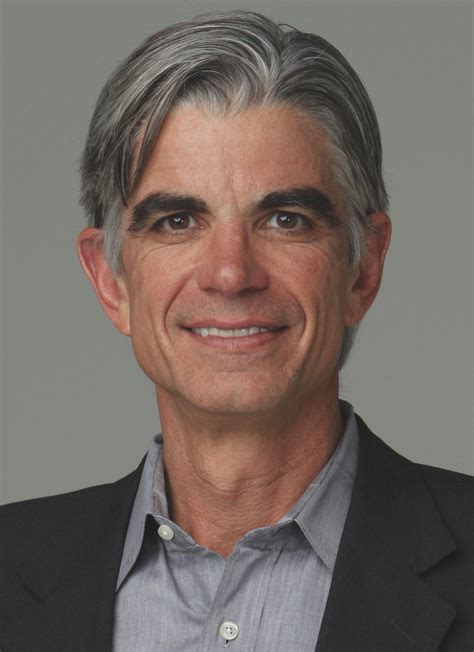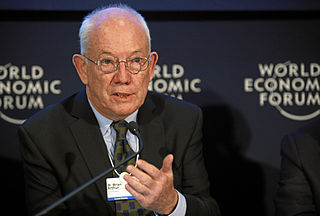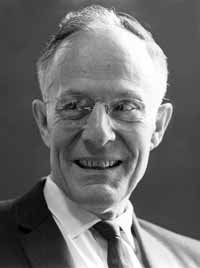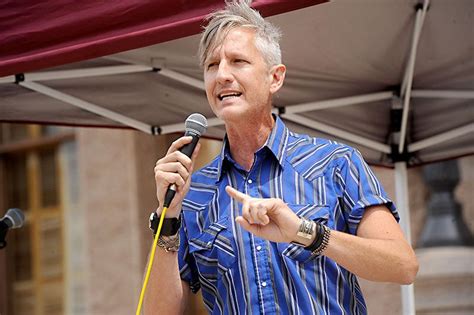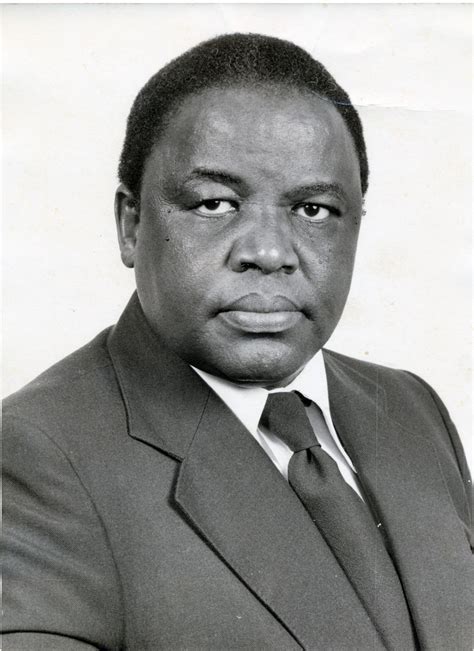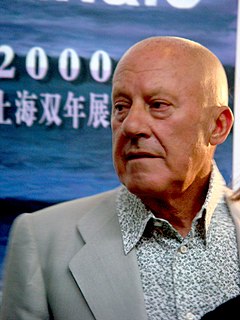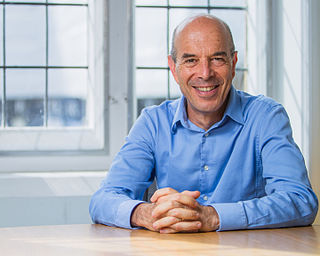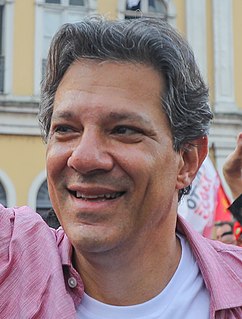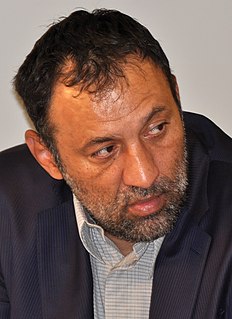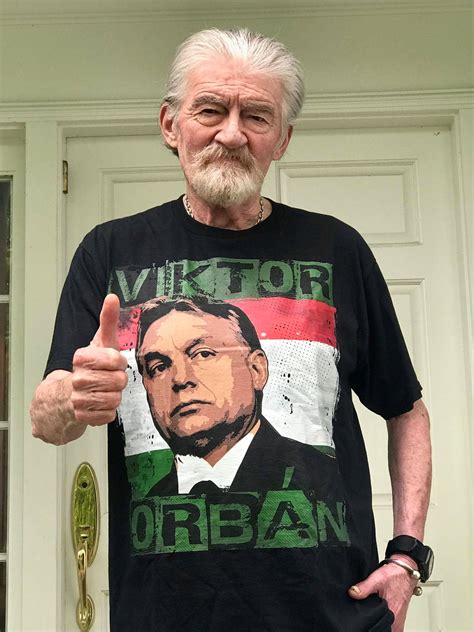Top 1200 Politics And Economics Quotes & Sayings - Page 3
Explore popular Politics And Economics quotes.
Last updated on November 25, 2024.
I do sense, as compared with let's say the early '50s, there's somewhat more of a careerism. I don't think it's anything special to economics; it's equally true with physics or biology. A graduate education has become a more career-oriented thing, and part of that is because of the need for funding. In fact, that's a much worse problem in the natural sciences than it is in economics. So you can't even do your work in the natural sciences, particularly, and even to some extent in economics, without funding.
I am opposed to all forms of control; I am for an absolute laissez faire, free, unregulated economy. I am for the separation of the state and economics, just as we had separation of state and church, which led to peaceful coexistence among different religions...so the same applies to economics. If you separate the government from economics, if you do not regulate production and trade, you will have peaceful cooperation, and harmony and justice among men.
Most of the people in the world are poor, so if we knew the economics of being poor, we would know much of the economics that really matters. Most of the world's poor people earn their living from agriculture, so if we knew the economics of agriculture, we would know much of the economics of being poor.
The realizations of anarchist ideas and practices are like sociopolitical ecosystems. Local versions resemble each other, but they are endlessly adaptive and everywhere different to meet their needs in their environments. Anarchism can be adapted to meet the culture, economics, ecology, and politics of various people or communities. That's the beauty of it.
For most progressives, what happens in families is a matter of "just" women's issues and children's issues. So progressive movements have focused primarily on dismantling the top of the dominator pyramid (politics and economics) and left its foundations (domination in family, gender, and other intimate relations) in place.
Whether we like it or not, it is a fact that economics cannot remain an esoteric branch of knowledge accessible only to small groups of scholars and specialists. Economics deals with society's fundamental problems; it concerns everyone and belongs to all. It is the main and proper study of every citizen.
So no, I’m not too big on religion...and not very fond of politics or economics either...And why should I be? They are the man-created trinity of terrors that ravages the earth and deceives those I care about. What mental turmoil and anxiety does any human face that is not related to one of those three?
What we shouldn't be doing is trying to take away your rights to bargain for better wages or working conditions... These so-called "right to work" laws, they don't have to do with economics; they have everything to do with politics. What they're really talking about is giving you the right to work for less money.
I had the good fortune to be able to take a course with Margaret Mead. I had a fabulous art course, where it was explained to me that nothing exists in a vacuum, that everything is a result of the period in which it's done - the economics, the sociology, the politics, all sewn together. That was a very important lesson.
We should know that only replacing the economics of competition and greed with the economics of equitable cooperation will guarantee a globalization that takes advantage of potential efficiency gains in ways that also promote environmental protection, international equity, economic democracy, and variety.
Whether one believes or not, religion is as real a force in the life of the world as economics or politics, and it demands fair-minded attention. Even if you think the entire religious enterprise is at best misguided and at worst counterproductive, it remains vital, inspiring great good and, sometimes, great evil.
My Prime Minister regards the economy as our highest priority and forgets that economics and ecology are derived from the same Greek word, oikos, meaning household or domain. Ecology is the study of home, while economics is its management. Ecologists try to define the conditions and principles that enable a species to survive and flourish. Yet in elevating the economy above those principles, we seem to think we are immune to the laws of nature. We have to put the ‘eco’ back into economics.


